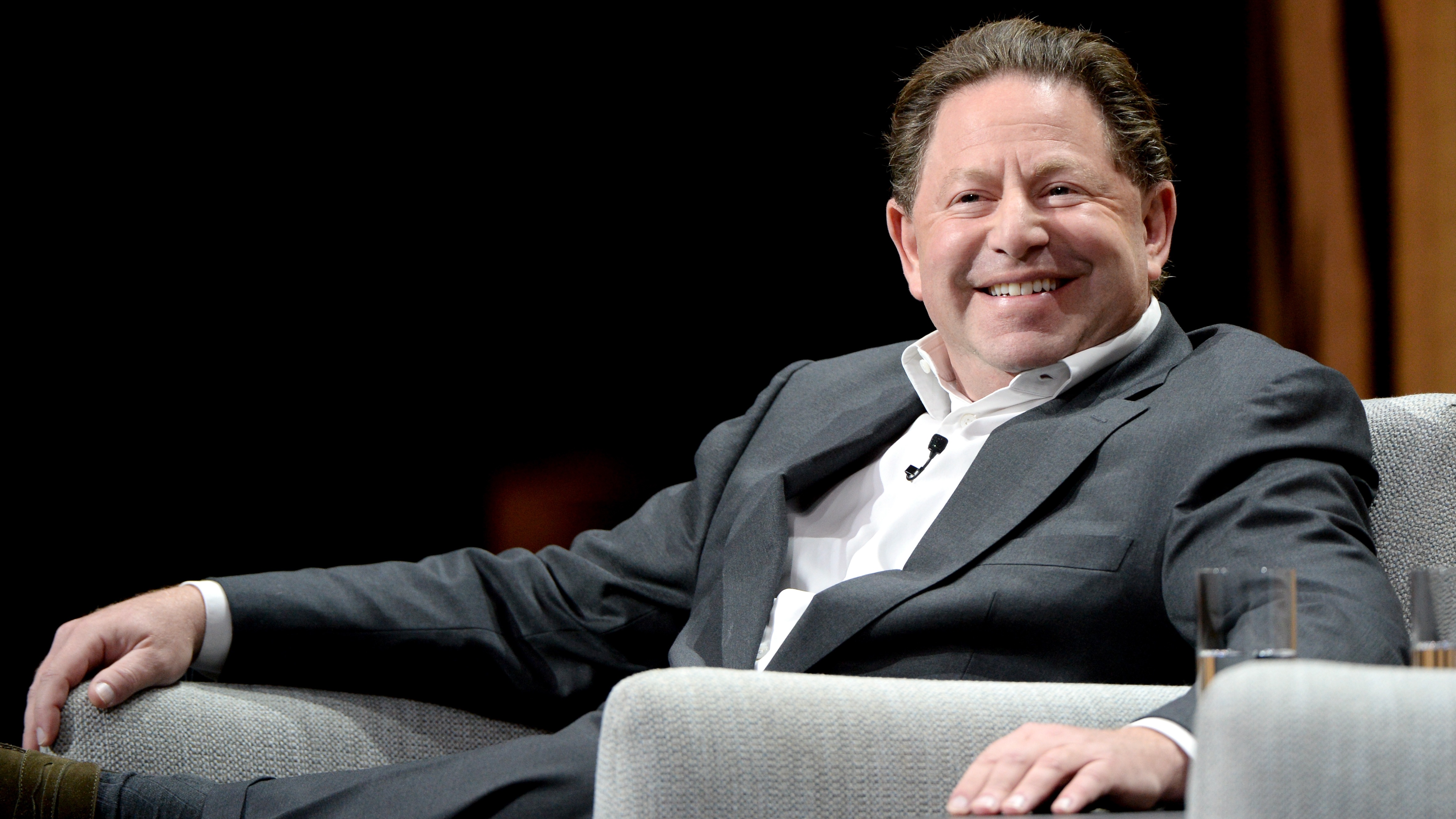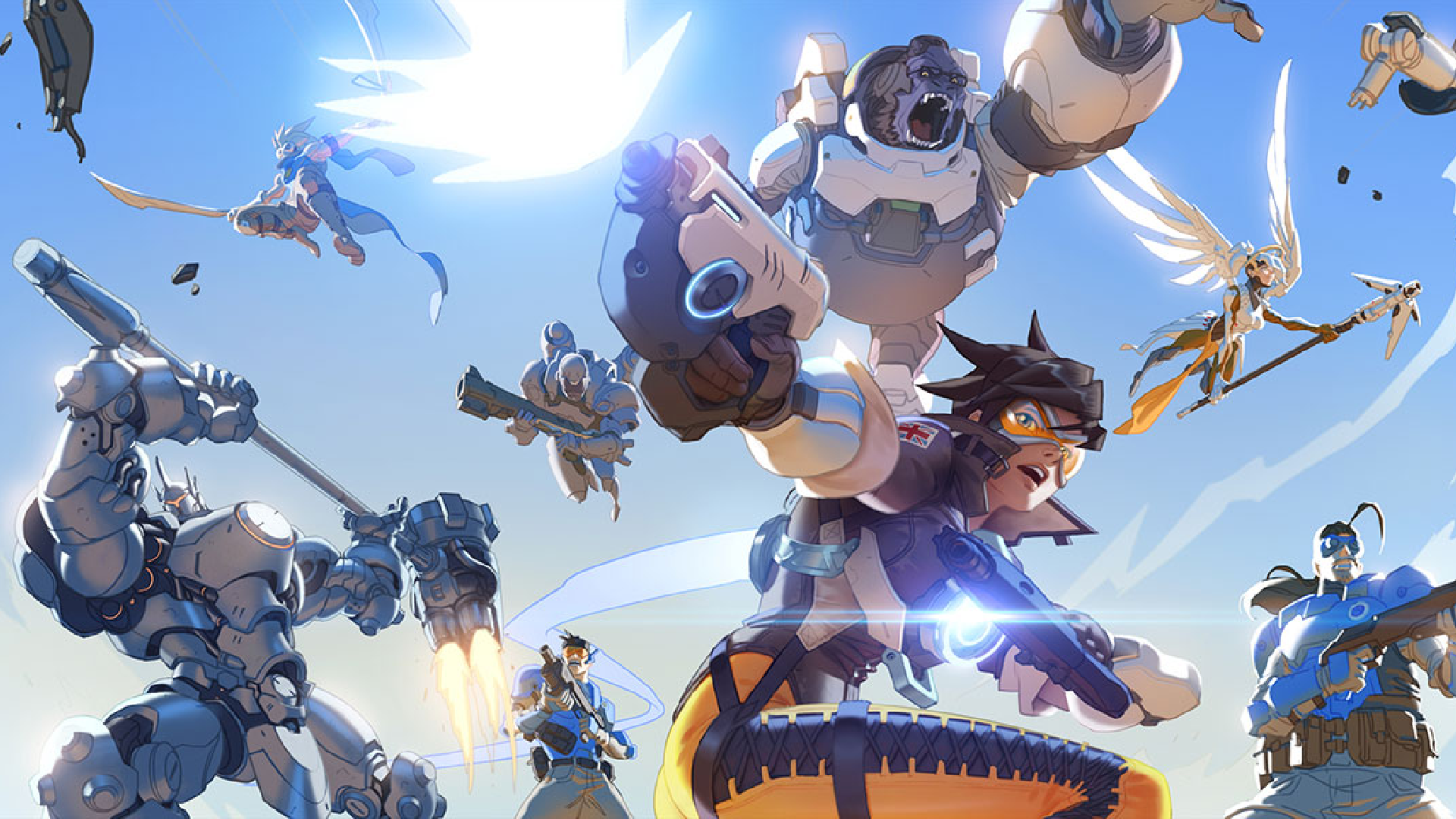Bobby Kotick reckons the Warcraft film was 'a terrible idea' for Blizzard, and in the end 'was one of the worst movies I've ever seen'
"It took a lot of resources and distracted them."

Bobby Kotick, the former CEO of Activision Blizzard, made a recent appearance on the Grit podcast discussing his career in videogames and various elements of the publisher's history. Kotick at one point discusses Blizzard, and specifically what he felt were some of the developer's biggest issues with World of Warcraft: Making a movie, burning out Chris Metzen, and trying to replace it with Titan.
2016 saw the release of the World of Warcraft movie, called simply Warcraft, and the consensus is that it wasn't great: The film holds a 29% rating on Rotten Tomatoes. The film grossed $439 million against a $160 million production budget, so it wasn't a complete disaster, but you'd find it hard to argue it added much to Blizzard's flagship series. And Kotick just thinks it was "a terrible idea" from the start, and a major factor in the departure of veteran Chris Metzen from Blizzard in 2016.
Kotick says that the Warcraft movie deal was already signed before Activision merged with Blizzard, and he quickly came to feel it was serving as a major diversion for a studio that should've been focused on games.
"It took a lot of resources and distracted them," said Kotick. "You think about all these people who make videogames for a living, and now they have the chance to make a movie, and they're helping with the casting and they're on the set and it's just a huge distraction. Our expansions were late, patches weren't getting done on time and... the movie was terrible, it was one of the worst movies I've ever seen."
Tell us what you really think! "Metzen I think took it very personally, didn't want to work and left," says Kotick. "A few years ago I called him and begged him…. Please come back. He'd seen the two expansion plans and he called me and said they're not good, they need to be re-done, and I said come do it. To me he's the heart and soul of the company."

Metzen returned to Blizzard in 2022, in a move that was generally welcomed by Warcraft fans, and his return does seem to have coincided with the game entering a period of robust good health, regular updates, and expansions that have people excited again. Obviously that can't all be put down to one person's influence, but Kotick clearly holds Metzen in the highest esteem, and even admits he barely spoke to him after the return: "I just wanted him to do his thing, and the last expansion he had his fingerprints all over it, it's excellent, and the next one's gonna be great."
From Kotick's perspective it was job done, because "what am I going to tell Chris Metzen about game design?"
The biggest gaming news, reviews and hardware deals
Keep up to date with the most important stories and the best deals, as picked by the PC Gamer team.
Kotick goes on to briefly discuss another Blizzard failure of the time, which the studio somehow managed to turn into an enormous success. "They had this big project they spent $80 million on, Titan," says Kotick. "This big ambitious 'how to replace World of Warcraft', instead of figuring out how do you make WoW better, how do you deliver content to players quicker, still good content but…. You don't need three years to make an expansion. Figure out how to satisfy your existing player base rather than let them churn."
This is exactly what Blizzard has subsequently done: The studio clearly is now laser-focused on its existing WoW playerbase and serving them. But at the time, Titan was taking resource away from WoW, and it had a major problem: "They realised Titan wasn't going to be a game."
Kotick continues: "Mike [Ybarra] cancelled it, Chris [Metzen] and Jeff Kaplan and a few other guys went to him and said 'we have a good idea from the ashes of Titan, we'd really like to make it', Mike to his credit said I'll give you two years, and that was Overwatch."

Even now it's clear that something about the game blew Kotick away, and he's eager to take his share of the credit for making it happen. "They came to our three year planning meeting and all I saw was the artwork, I didn't even see the prototype of the game," recalls Kotick. "To me it was like, I can't even believe this came from Blizzard. Because the Blizzard aesthetic was something dark and very different. This was the most hopeful, colourful, Pixar-like universe. This is unbelievable, we're making this. We're doing that."
Asked if Blizzard would have done it without him, you're suddenly reminded of the enormous power this man used to wield in the industry when he declares: "They couldn't, I had to sign off on it."
The executive had a wildly successful career in videogames, but left Activision Blizzard in 2023 under something of a cloud. Kotick at times seemed almost a pantomime villain within the games industry, the epitome of the cutthroat capitalist out for profit over artistry, and willing to declare things like "the goal is to take all the fun out of making videogames."
The beginning of the end was arguably a bombshell 2021 civil rights lawsuit filed in California: This was followed by staff walkouts, numerous calls for Kotick's resignation, and possibly even precipitated Microsoft's megabucks acquisition of Activision Blizzard. Some may find Kotick casually pronouncing on Activision Blizzard's internal failures galling, given his own denials and failures to get to grips with systemic sexism and harassment problems at the company.
But there is the other side of Kotick's career, and why his departure was mourned by certain shareholders: He took a near-bankrupt Activision to a merger with Blizzard and an eventual $68.7 billion sale. Kotick may not care about the art of making games: But he undeniably understands the business.
The full interview is over two hours long and sees Kotick going into all areas of Activision Blizzard's history. For its part, World of Warcraft feels like it's in a golden age (let's not mention Overwatch), and these days is even comfortable taking cheeky potshots at its rivals. And in news that will make one former executive very happy, it certainly doesn't look like the Warcraft movie will be getting a sequel.

Rich is a games journalist with 15 years' experience, beginning his career on Edge magazine before working for a wide range of outlets, including Ars Technica, Eurogamer, GamesRadar+, Gamespot, the Guardian, IGN, the New Statesman, Polygon, and Vice. He was the editor of Kotaku UK, the UK arm of Kotaku, for three years before joining PC Gamer. He is the author of a Brief History of Video Games, a full history of the medium, which the Midwest Book Review described as "[a] must-read for serious minded game historians and curious video game connoisseurs alike."

